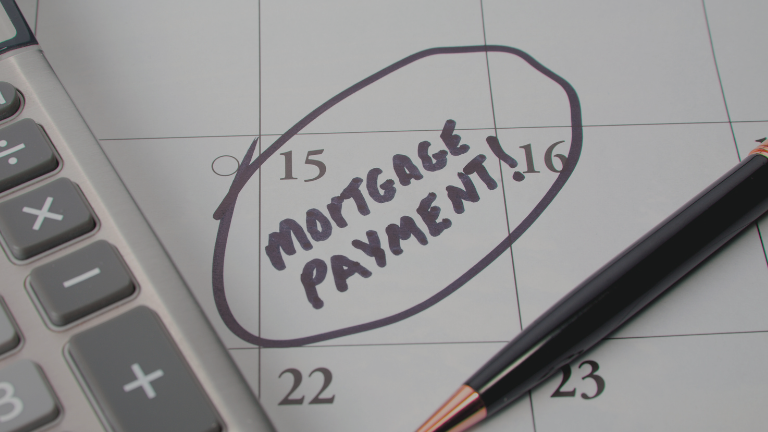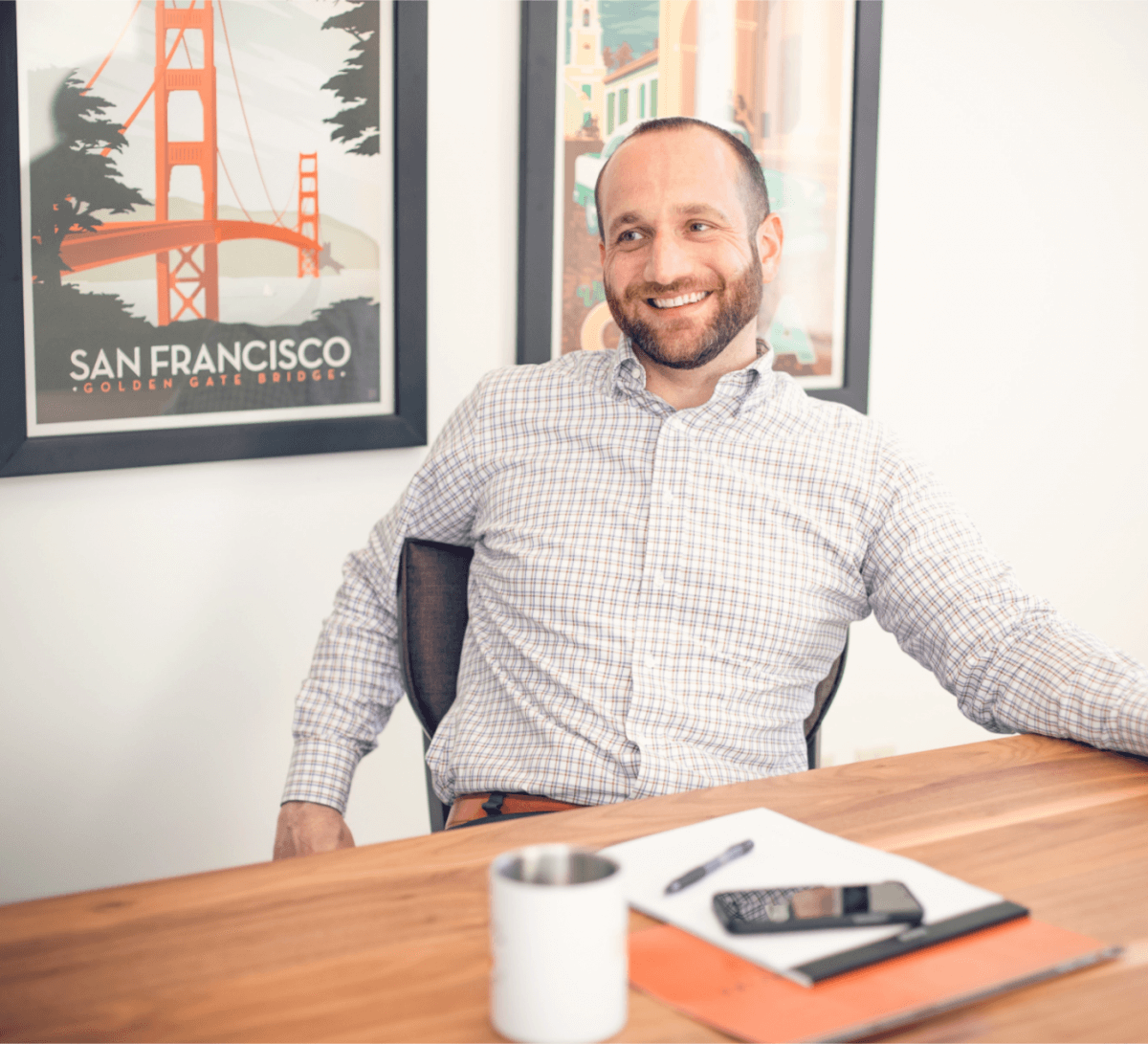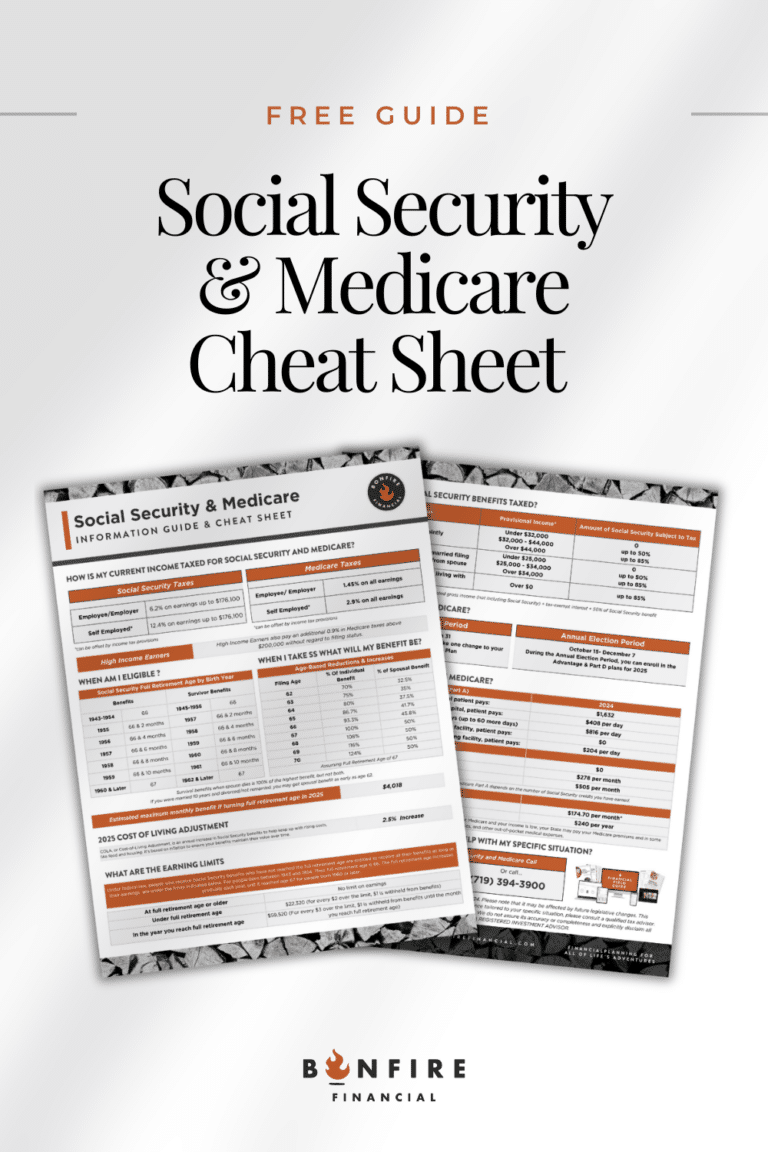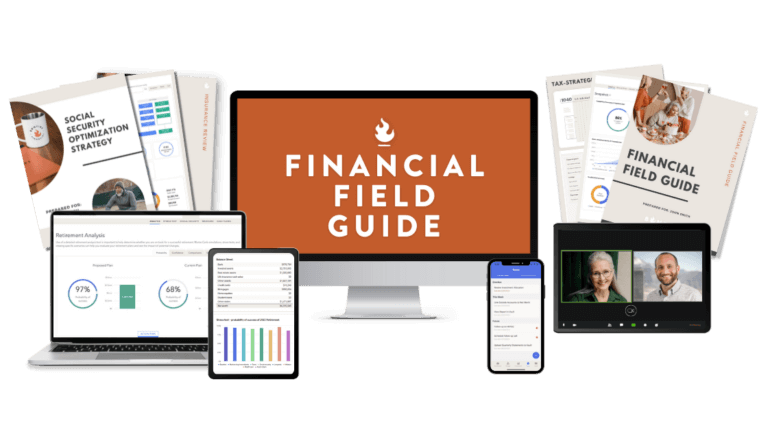Retirement is one of the most talked-about financial milestones, yet it’s also one of the most misunderstood. People often ask financial advisors, “What’s the best age to retire?” hoping for a magic number that unlocks the perfect blend of security and freedom.
But here’s the truth: there is no universal age that works for everyone. Retirement isn’t about hitting 65 or 67, it’s about when you can afford to stop relying on a paycheck, maintain your lifestyle, and actually enjoy what you’ve worked so hard for.
Today we’ll explore how the idea of retirement came to be, why the age of 65 became such a cultural marker, and most importantly, how to figure out the right retirement age for you.
Listen Now: iTunes | Spotify | iHeartRadio | Amazon Music
Why Do We Think the Best Age to Retire Is 65?
The idea of retirement as we know it is relatively new. For most of human history, people simply worked until they couldn’t anymore. Families, not pensions or social safety nets, provided care for older adults.
It wasn’t until the late 1800s that pensions started to appear, primarily for government and military workers. Then in 1935, the U.S. government introduced Social Security, setting 65 as the retirement age. At the time, life expectancy was only about 61 years. In other words, most people didn’t actually live long enough to collect benefits.
Later, in 1978, the Revenue Act introduced the 401(k), a retirement account designed to help individuals save for life after work. This shift from pensions (defined benefit plans) to 401(k)s (defined contribution plans) changed the retirement landscape completely.
So why is 65 still considered the “best age to retire”? Because it’s tied to these government programs, not to your personal financial situation or lifestyle goals.
The Problem with Chasing a Number
Let’s pause and ask: if retirement is about freedom, why should it be limited by an arbitrary number like 65?
Here’s the reality:
-
People live much longer now. Living into your 90s or even 100s is increasingly common. Retiring at 65 could mean funding 30+ years of living expenses.
-
Expenses don’t magically shrink. The myth that retirees spend less is largely untrue. In fact, many people spend more in the first decade of retirement on travel, hobbies, and family experiences.
-
Identity and purpose matter. Many people enjoy working well into their 70s, not because they need to financially, but because it gives them purpose and connection.
When people ask, “What’s the best age to retire?” they’re often really asking: When will I have enough money to retire comfortably?
Defining Retirement: It’s About Freedom, Not Age
One of the biggest mindset shifts to make is this: retirement doesn’t mean quitting work forever.
True retirement is about financial independence, having enough savings and investments that you could stop working tomorrow without changing your lifestyle.
That doesn’t mean you have to stop working. Many financially independent people continue working into their later years because they love what they do. Warren Buffett, for example, could have retired decades ago, but he’s still running Berkshire Hathaway at 90+.
For others, retirement means shifting gears, consulting, starting a passion project, or working part-time.
So instead of asking “What’s the best age to retire?” try asking:
-
Do I have enough money saved to cover my expenses indefinitely?
-
Am I emotionally ready to leave my career identity behind?
-
What will I do with my time if I stop working?
The Financial Side: Knowing When You Have “Enough”
The book The Psychology of Money by Morgan Housel talks about a powerful concept: knowing when enough is enough.
In the context of retirement, this means:
-
Stop comparing yourself to others. There will always be someone with a nicer house, bigger portfolio, or flashier retirement lifestyle.
-
Define what happiness and satisfaction look like for you. Maybe it’s traveling, maybe it’s staying close to family, maybe it’s finally focusing on hobbies.
-
Build your financial plan around that lifestyle, not around an arbitrary age.
Here are the key financial indicators that help determine your retirement readiness:
1. Your Savings and Investments
Do you have enough in your 401(k), IRA, brokerage accounts, and real estate to cover your annual living expenses for 25–30 years or more?
2. Income Streams
Are you relying solely on Social Security, or do you also have pensions, rental income, dividends, or business income? Multiple streams make retirement more secure.
3. Healthcare Costs
Medicare eligibility starts at 65, but what if you want to retire earlier? Private health insurance can be costly, so this needs to be factored in.
4. Lifestyle Expenses
Be realistic. Retirement doesn’t mean your costs disappear. Housing, insurance, taxes, travel, and hobbies all add up.
5. Inflation
Even modest inflation eats away at your purchasing power over decades. A gallon of milk that costs $4 today could cost $8 or more by the time you’re 85.
The Three Questions That Really Determine the Best Age to Retire
Instead of circling 65 on your calendar, consider these three questions:
-
When do you want to retire? Some people dream of early retirement in their 50s; others find joy in working into their 70s.
-
When can you afford to retire? This is where financial planning comes in. Can your savings generate enough income to sustain you?
-
What will you do in retirement? Retiring without purpose often leads to boredom and even depression. Planning for your time is just as important as planning for your money.
When you’ve checked all three boxes, that’s your personal best age to retire.
Common Retirement Myths – Busted
Myth #1: You’ll Spend Less in Retirement
Reality: Most retirees spend the same, or even more, especially in the first 10 years.
Myth #2: You Should Work Until 65
Reality: 65 is an outdated number tied to Social Security, not your readiness.
Myth #3: Retirement Means Doing Nothing
Reality: Many retirees start businesses, volunteer, travel, or pursue passions.
Myth #4: Social Security Will Cover Everything
Reality: Social Security replaces only a portion of income. Personal savings are essential.
Early Retirement: Is It Possible?
Yes, it’s possible to retire in your 40s or 50s, but it takes careful planning and discipline. Movements like FIRE (Financial Independence, Retire Early) show that with aggressive saving and investing, some people can leave the workforce decades before the traditional retirement age.
But early retirement also comes with challenges:
-
Higher healthcare costs until Medicare kicks in.
-
Longer retirement period to fund.
-
Potential boredom or loss of identity if you’re not prepared.
If early retirement appeals to you, it’s even more critical to define your lifestyle goals and financial plan clearly.
Longevity and the New Shape of Life
Think of life as three big phases:
-
Learning and Growing (0–30s)
-
Working and Building (30s–60s)
-
Retirement and Freedom (60s–100+)
For many, retirement now makes up one-third of life. That’s a long time to fill with meaning, purpose, and financial stability.
The best age to retire is when you can confidently step into that third phase without fear of running out of money, or out of things to do.
So, What’s the Best Age to Retire?
Here’s the conclusion: the best age to retire isn’t 65, or 67, or 70, it’s the age when you have enough. Enough financial security, enough clarity about your lifestyle, and enough purpose to make the transition worthwhile.
That might be 55 for one person, 75 for another. For some, it may mean never fully retiring but instead shifting into work they love at a slower pace.
Retirement isn’t a date on the calendar. It’s a personal decision based on numbers, values, and vision.
Key Takeaways
-
The traditional retirement age of 65 is rooted in history, not in your personal needs.
-
Retirement is about financial independence, not quitting work.
-
You’ll likely spend as much or more in retirement as you do now.
-
Longevity means retirement could last 30 years or more; planning is critical.
-
The best age to retire is the age when you can afford to sustain your desired lifestyle.
Next Steps
👉 Ready to figure out your personal best age to retire? At Bonfire Financial, we help individuals and families design retirement plans that are realistic, customized, and confidence-building. Schedule a call with us today to see how we can help you reach financial independence and make retirement your best chapter yet.
 Client Login
Client Login







